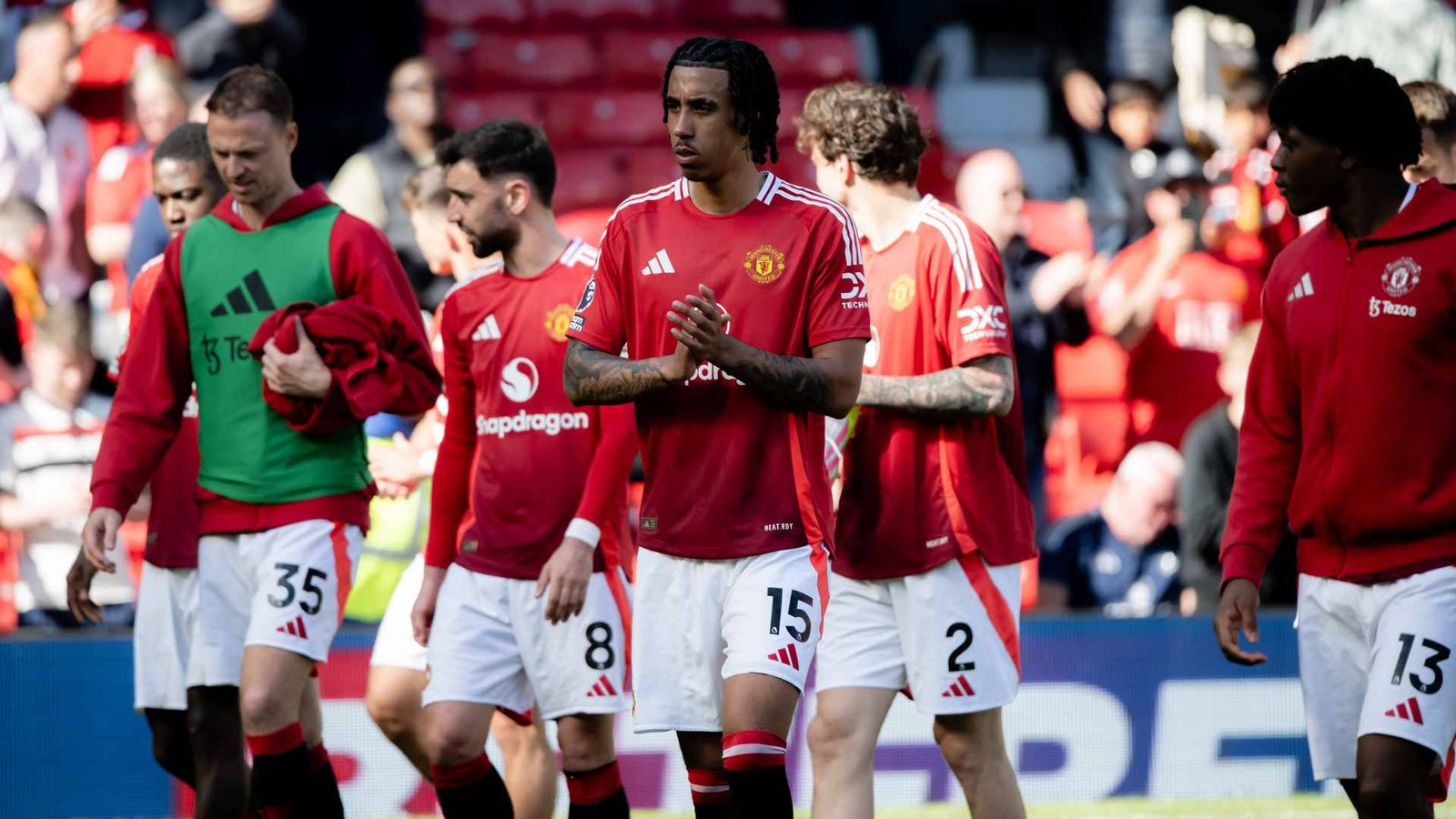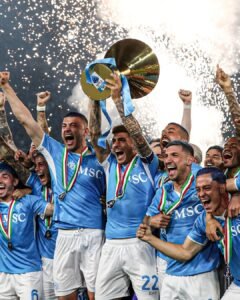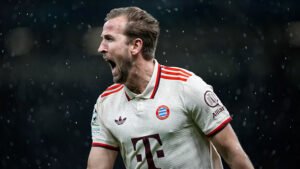Manchester United are a disjointed club seeking to reclaim a distant past
“We had a virus that infected everyone at United. It was called winning,” said Sir Alex Ferguson, manager of Manchester United for 26 years.
United are a club with a rich and storied history, one that supporters are desperate to see replicated, while rival fans cackle as they watch the funeral pyre.
But what was so special about the club, and is a return really possible?
It is impossible to mention the Premier League club’s rich and storied history and look past the names of two visionary managers: Ferguson and then Matt Busby before him.
The Glory Days
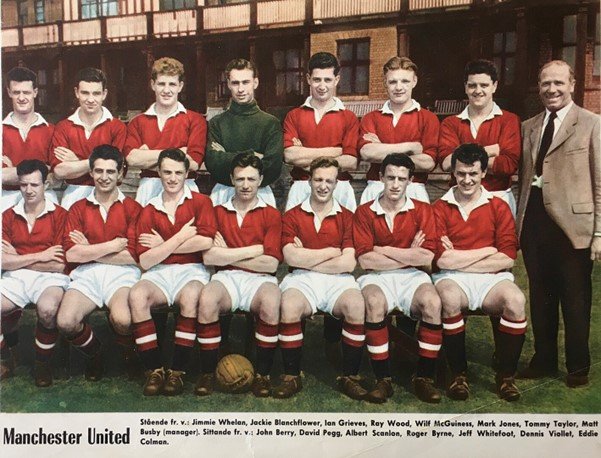
Sir Matt Busby’s tenure laid the foundations of the modern Manchester United. Appointed in 1945, Busby revolutionised the English game by giving youth a chance and playing with attacking flair.
He trained a group of players within the club itself, instead of signing players like other clubs did. The precociously talented group of youngsters he developed came to be known as the “Busby Babes”. They won back-to-back league titles in 1956 and ‘57, but tragedy struck in 1958 with the Munich air disaster, which claimed the lives of eight players and left the club in mourning.
Remarkably, Busby rebuilt. In 1968, a decade after the disaster, he led United to their first European Cup triumph, defeating Benfica 4-1 at Wembley. It was the first time an English side had ever won the competition. The match had players like George Best, Bobby Charlton and Denis Law, who would go on to become United legends and one of the most iconic attacking trios in football history.
Two decades later, Ferguson took the reins and turned United into a club infected with a virus. His arrival in 1986 didn’t spark immediate success, however. The Scot went four years with mixed results, and performances were so poor in the 1989/90 season that fans and pundits called for him to be sacked.
But while United ended the season in 13th place, they won the FA Cup against Crystal Palace, granting Ferguson a stay of execution.
After 1990, Ferguson would usher in an era of dominance unmatched in English football. United won the first edition of the Premier League in the 1992/93 season, and between 1993 and 2013 – a period of 20 years – they won 13 Premier League titles, five FA Cups, and two Champions League trophies, including a famous treble in 1999.
Ferguson mimicked Matt Busby’s 1950s style when he phased out ageing stars and integrated new talent. The ‘Class of 92’ – also called “Fergie’s Fledglings” in an imitation of Busby Boys – came through the academy and formed a core that would dominate the English game for years. Among them were Ryan Giggs, Paul Scholes, David Beckham, Nicky Butt and the Neville brothers.
Manchester United under Ferguson became synonymous with attacking flair and late drama, dubbed Fergie Time. The club’s anthem – we’re Manchester United and we’re going to Wembley – showed relentless ambition and the tradition of winning. The Theatre of Dreams became a fortress, and United became a team whose mere name was respected and feared across Europe.
But eras come to an end. Ferguson would retire in 2013 with one last league title, having turned the club into the most decorated in English football.
Post-Ferguson
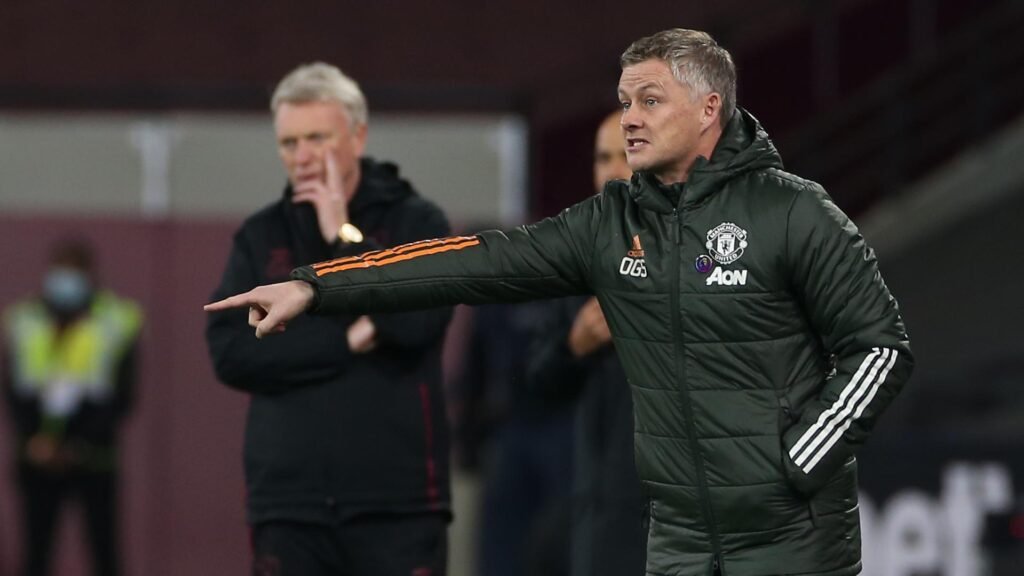
The Chosen One
“It’s a great honour to be asked to be the next manager of Manchester United. I am delighted that Sir Alex saw fit to recommend me for the job,” said David Moyes.
When Ferguson handpicked David Moyes as his successor, many hoped the continuity of a fellow Scot and long-serving manager would offer stability. The Old Trafford faithful welcomed him with a banner calling him “The Chosen One”.
But only a few weeks in, the narrative rapidly unravelled. The pressure proved overwhelming.
“The job was always going to be hard. Is it harder than I thought it would be? Yeah, I would say so,” said Moyes after the 3-0 defeat to Liverpool at Old Trafford in match.
He had made dubious signings, struggled to impose his authority, and lost embarrassingly to rivals. His position soon proved untenable in a club used to winning. The Scot lasted just 10 months as Ryan Giggs, a former Fergie Fledgling, took charge till the end of the season. A new era had begun, but not in the way anyone hoped.
Philosophy without fire
Then came Louis van Gaal, the Dutch tactician. Appointed in 2014, Van Gaal implemented a 3-5-2 that brought structure and control, but there was too much rigidity and the football was turgid. Most periods of matches saw stretches of sideways passing and little forward movement. Goals dried up and fans would chant “attack, attack, attack” at the team during games.
Van Gaal’s reign did produce a memorable FA Cup final win in 2016, but it wasn’t enough. His style was a tough pill to swallow and he was sacked days later, reportedly informed while still celebrating the Wembley victory.
Trophies, but…
Enter Jose Mourinho, the pragmatist and Special One, bringing a track record of trophies and an aura of guaranteed success. Mourinho did deliver silverware, the League Cup and Europa League in his first season, along with a second-place Premier League finish.
But his methods often felt at odds with United’s traditions, and his defensive football was painful to watch at times. The match against Arsenal where David De Gea made 14 saves was memorable.
That, along with disagreements with the board and tension with players, brought an unwholesome end to his tenure.
“If I tell you, for example, that I consider one of the best jobs of my career was to finish second with Man United in the Premier League, you will say, ‘this guy is crazy’,” Mourinho would later claim.
“I keep saying this because people don’t know what is going on behind the scene.”
The brief romantic revival
When Ole Gunnar Solskjaer arrived as interim boss in December 2018, he seemed to cast away all dark shadows of the past and reignite something that was long lost.
The remarkable player of the club’s legendary past, whose goal secured the famous Treble of ’99, come back to the present to rescue tradition. There was talk of United DNA.
Emotion. The club legend reminding fans what Manchester United used to feel like.
That euphoric night in Paris, with Marcus Rashford’s late penalty knocking out Paris Saint-Germain, brought belief flooding back. United had shown once again that they could beat the acclaimed biggest sides in the world in a Champions League night – a feeling that had been lost for what seemed like many years.
Solskjaer was appointed permanently after that, but form dropped drastically almost immediately. The Norwegian would supervise the emergence of a young, rapid and energetic squad, oversee some thrilling wins, reach some finals and semi-finals, the nearly-theres.
But inconsistency, tactical limitations, and absence of silverware saw the fairy tale fade. Loss after loss and it was time for the legend to leave.
Dreams, it turned out, just weren’t enough.
The Regency Years: Carrick and Rangnick
After Solskjaer, Michael Carrick briefly held the reins and stabilised the ship with dignity, before the club next appointed Ralf Rangnick on an interim basis.
Rangnick was meant to usher in a modern pressing style, but the reality was disjointed and uninspiring. Tactical confusion, a squad with glaring physical limitations, and a sixth-place finish left fans scratching their heads.
The German professor talked about deeper dysfunction behind the scenes. Open-heart surgery, that was what the club needed, he recommended.
“It’s not enough to do some minor amendments – cosmetic things. In medicine you would say that this is an operation of the open heart,” Rangnick famously said, before the club let him go.
Are we… back? The false dawn of Erik ten Hag
The arrival of Erik ten Hag in 2022 felt different. Disciplined, tactically astute and unafraid to make big decisions (ask Cristiano Ronaldo), the Dutchman promised a reset.
And… delivered it?
A League Cup win and Champions League qualification in his first season suggested the corner might be turning. There was that game against Barcelona, where United played on equal footing, unafraid to press and knock the ball around.
But after an almighty defeat at Anfield, the fledgling foundation cracked and crumbled. Injuries, inconsistency and lack of tactical clarity followed in his second campaign.
“I can’t play like Ajax play – it is different players. I came here with my philosophy, based on possession, but I wanted to combine it with the DNA of Manchester United and the players, the characters of them,” explained Ten Hag.
Yet it was never really clear what the Dutchman was trying to do. Loss after loss after loss and the jig was up – it had to be.
Ownership saga
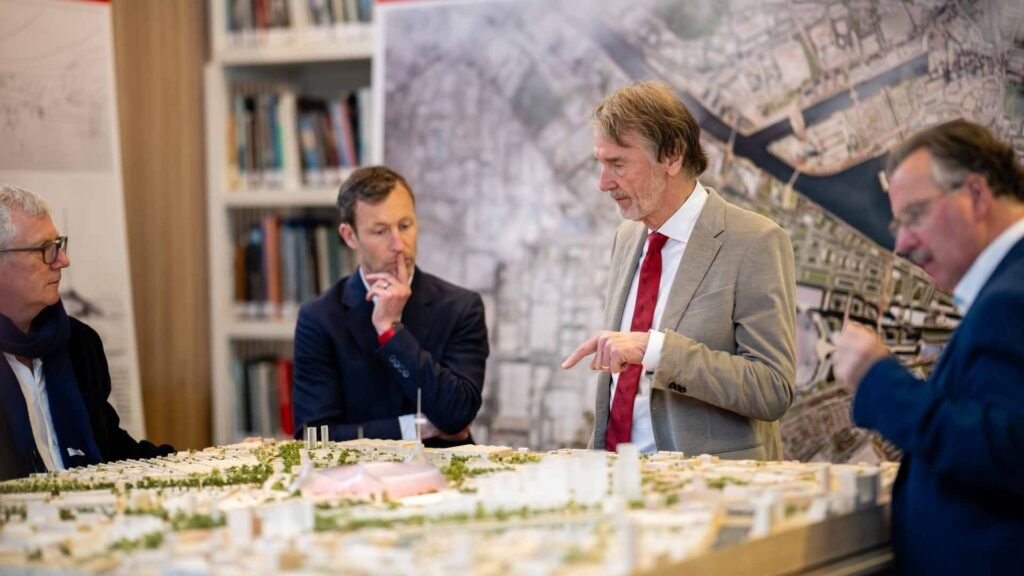
A lot of fingers have been pointed (not unreasonably) to the Glazer administration and their (mis)management of the club since the took over in 2005.
Ferguson struggled through it in the later years and achieved success in spite of it, but only because he was Ferguson, it has been opined. Which is why it was maximum relief to supporters when the Glazers announced in 2022 that they were open to selling the club, either in full or in part.
Then followed a painful saga that dragged on for more than a year, with only two individuals/groups actually showing interest. British billionaire Sir Jim Ratcliffe finally concluded the acquisition of a minority stake at the club in December 2023, with a deal that would give him and INEOS complete administration of the footballing side of the club.
But Ratcliffe and INEOS have created (whether justifiably or not) what feels at times like a firestorm around the club. Hundreds of jobs have been cut, a high-profile sporting director has been let go after five months at the job, food has been taken away from staff, ticket price rises have been promised, and the club are intent on organising a barbecue in the event of a European trophy win.
Questions have arisen in some corners about whether Ratcliffe himself can really deliver success at any club. His administration of French club Nice hasn’t been a shining example of top footballing management.
“I don’t particularly enjoy going to watch Nice because there are some good players but the level of football is not high enough for me to get excited,” the billionaire said in March – which is an absolutely mind-boggling statement for an owner to make about their club.
It is telling, some people might say, that Nice have just qualified for the Champions League playoff rounds, for the first time since 2017, in the year that Racliffe gave up management of the club.
Ruben Amorim
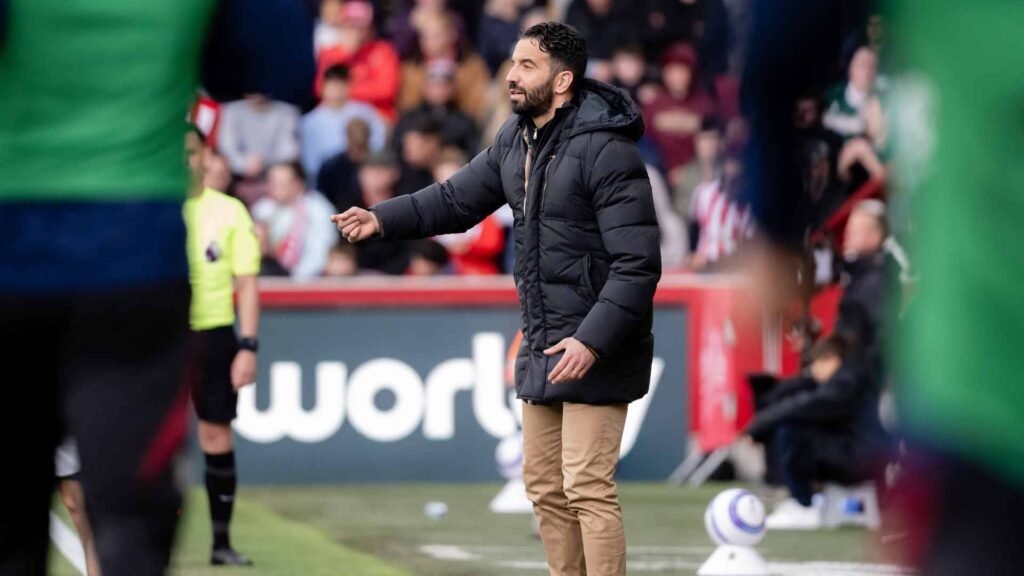
United’s new manager Amorim arrived in November 2024 after Ten Hag was sacked, with the promise of implementing a recognisable style of play.
There remains the danger that United have moved from a manager with so loose a style of play as to be unidentifiable, to one with so defined a pattern as to be rigid and unflexible in a way that hurts the club.
The Portuguese only plays a 3-4-3 formation and has kept to that in his 40 matches so far as the United head coach. The club were 13th in the Premier League when he arrived, but are now 16th and have lost 14 games under him, although this is slightly offset by the Europa League where they are still unbeaten under the Portuguese and have made the final.
United could go on to build something new and wonderful under Amorim. His tenure at the club could also remain a tortuous walk to Golgotha with a predictable denouement. That is the point: right now, Manchester United are a club full of possibilities, both positive and negative.
Only one thing is clear: twelve years on from Ferguson’s farewell, and one of England’s greatest football clubs is still trying to find itself – still chasing an identity that once felt so unshakable, wrapped in the memories of a period when winning felt like a virus.

